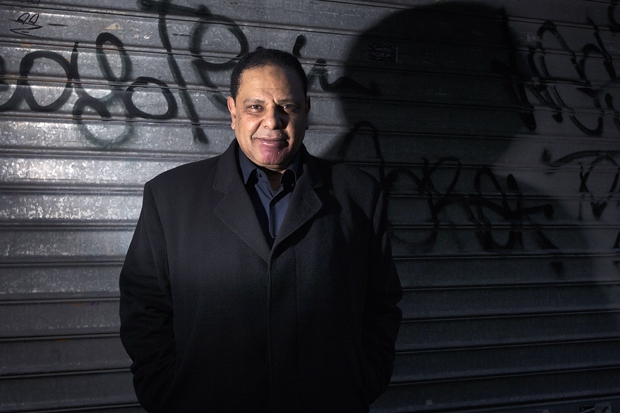The Yacoubian Building, the first novel of the Egyptian writer Alaa Al Aswany, sold well over a million copies in 35 languages, was made into a film, and turned him overnight into one of the most listened to voices in the Arab world. What followed — Chicago, set in the city in which Al Aswany did his masters degree in dentistry, and some short stories — did not have quite the charm of his sprawling houseful of driven, troubled, passionate characters trying to survive in a country of extreme social ills. The Automobile Club of Egypt is a second Yacoubian, a saga built around an institution, rich in absurdity and colour and at the same time an important social satire and a harsh criticism of modern Egypt.
If the novel has a flaw, it lies in its odd series of seemingly unrelated starts, among people and settings that later play no part in the tale. But Al Aswany is above all a superb storyteller and creator of characters: 50 pages in, there is no turning back.
Cairo’s Royal Automobile Club — a real place — was founded by a mixture of foreigners and Turkish aristocrats in 1924 on the model of the Carlton Club in London. In theory, it was to issue licenses, regulate speed limits and generally control Egypt’s rapidly growing passion for the motor car. In practice, it became a place where the rich and the titled came to drink, gamble and indulge themselves, with King Farouk I among its members. Al Aswany describes it at the height of its glory, conjuring up a staff of servants ruled over by a racist British manager together with the King’s sadistic Sudanese Nubian valet Alku and his sidekick, the excitable Hameed.
Fanning out from these people are their families, each with their own stories, woven neatly into the intrigues of the club, and in particular the Gaafars and their four children, and their neighbours, the Hamamas. Many characters teeter on the edge of caricature, but Al Aswany’s ear for comedy turns their foibles into occasions for gentle ridicule. As in The Yacoubian Building, there is a serious-minded young Muslim, here radicalised by police brutality. Behind the comedy lies imminent tragedy. Abd el-Aziz Gafaar is an early victim of Alku’s tyrannical practices.
It was said that The Yacoubian Building’s underlying theme of rigged elections, extortion, bribery and acute poverty played a role in triggering the Egyptian revolution of 2011. Certainly Al Aswany became one of the prominent faces in Tahrir Square and wrote at length, in blogs and columns republished in Le Monde, the Guardian and the New York Times, of the need for reform at every level of society. Initially, he supported the election of General Sisi, saying that the Egyptian people had been terrorised by the mayhem and the violence and needed someone strong in power. Since then, however, he has levelled ever louder attacks on the regime and in December told Associated Press that freedom of expression had now become ‘worse than in the days of Hosni Mubarak’. It was not surprising, perhaps, that shortly before Christmas, the authorities cancelled his regular public seminars and suspended his columns.
If they hoped to silence him, The Automobile Club of Egypt proves that they failed. On one level it is a highly enjoyable novel, a comedy with memorable characters, even if less subtly drawn — or possibly less delicately translated — than in The Yacoubian Building. But on another it is a ferocious attack on the enduring corruption in Egyptian politics, on the endemic brutality of its police force and the powerlessness of its poor. Al Aswany has once again delivered a remarkable and devastating portrait of a deeply unhappy society, in the guise of a novel that is at once funny, perceptive and affectionate.






Comments